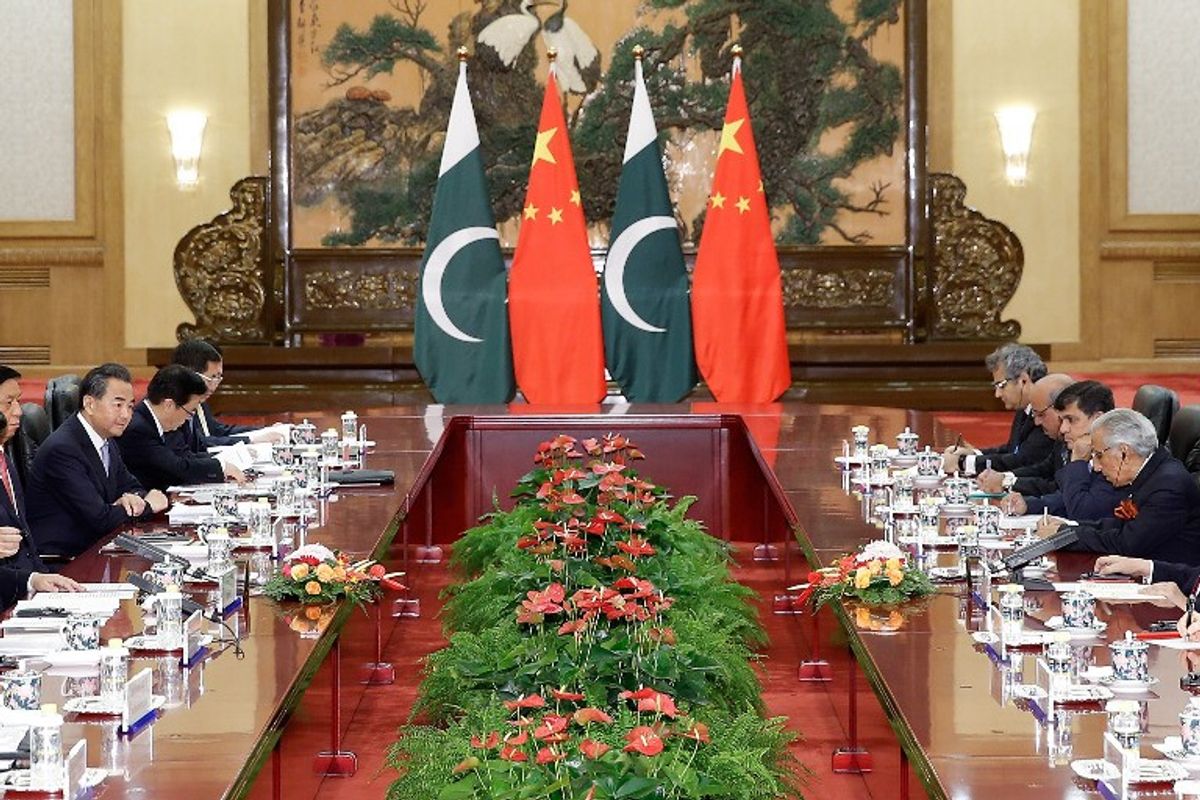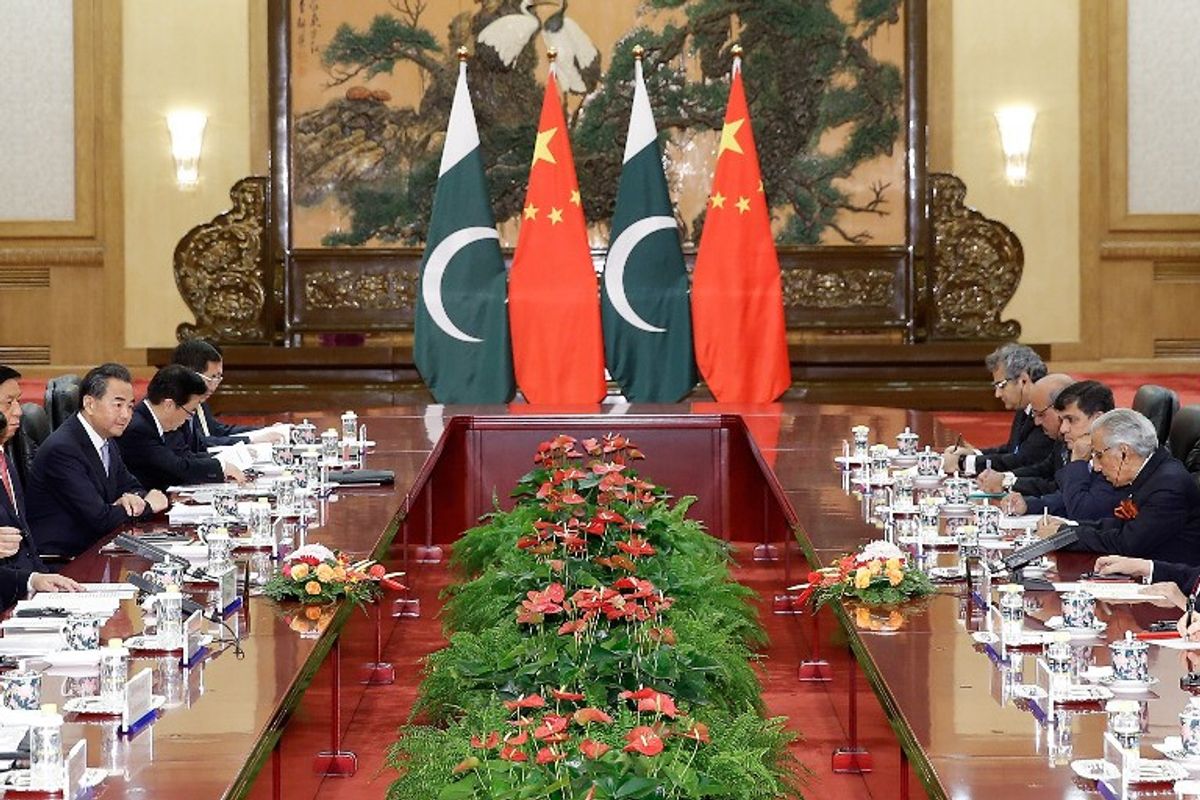In 2013, French economist Thomas Piketty released his book, ‘Capitalism in the 21st Century,’ which observed that the rate of capital return in developed countries is persistently greater than economic growth. In other words, global wealth inequality will inevitably increase unless addressed. Piketty’s conclusions remain contested, but there is little doubt that global income and wealth inequality has steadily increased in recent years. As radical left and rightwing political parties rise to prominence in the United States, Europe, and across the world, many speculate that economic inequality lies at the heart of this instability. The Cipher Brief sat down with Daniel Treisman, Professor of Political Economy at the University of California, Los Angeles, to discuss inequality and its effect on political and economic stability.
The Cipher Brief: What is the current state of wealth and income inequality, and how has it shaped the world that we live in today?
Daniel Treisman: There’s two questions there really. How has inequality shaped the world? And how have people’s beliefs about inequality shaped the world?
The work that I’ve been doing has suggested that people really have very unclear ideas about what the actual level of inequality is, and even whether inequality has been increasing or decreasing in their country.
Inequality has invariably become a hot topic in political debates, with various reactions from different groups. Some people say there should be more distribution of income, others say that inequality is a sign that the capitalist mechanism is working, and that there are strong incentives for wealth creation. But over the last ten years or so, the dissatisfaction with the high levels on inequality has really been unusually high.
TCB: Does that dissatisfaction spill over into the political world? Is there a concrete link between economic inequality and political instability?
DT: I think it’s actually quite hard to answer that. The research has had a very difficult time finding a clear empirical relationship between, for example, inequality on the one hand and political violence, revolution, other kinds of instability on the other hand. In fact, the evidence is not really clear at all.
Of course there are many factors that contribute to this, but my explanation is that people very often don’t know how high inequality is. Therefore, what really explains their willingness to participate in a revolution or challenge a regime is their perception of inequality, which may be high when in fact the actual level is not so high.
TCB: So, you could have a situation where inequality is in reality very high, but perception of it is so low that it does not spill into the political arena or vice versa?
DT: Right, and you could say that the U.S. is an example of that. People tend to underestimate the level of inequality in the United States. This may be changing now that inequality has become such a salient issue in the last few years, but traditionally, people have tended to think that there’s less inequality and greater upward mobility in the U.S. than the data suggests that there is. And many have argued that leftwing politics has had a very hard time in the United States because of the fact that people are not tempted to redistribute as much as perhaps they would be if they realized just how rich the rich are, and how great the difference in income and wealth is between different classes.
TCB: So, in your mind, what do you think are the best case studies of that dynamic outside of the United States?
DT: I recently worked on a paper with a colleague where we looked at people’s perceptions of inequality in different places around the world, and there were a few countries, like the U.S., where people seem to underestimate the extent of inequality. The United Kingdom was another one of those.
But then there were the countries where people seemed to greatly overestimate the extent of inequality, and of those, the post-Soviet countries stand out. The most extreme example from our data was Ukraine. If you look at the official statistics, Ukraine really has pretty low income inequality. The wealth inequality may be higher but income inequality is not that high. However, people in Ukraine are convinced that inequality is extremely high. In fact, a larger proportion of the Ukrainian population said that inequality was extremely high than just about any other country that we surveyed. And this seems to be characteristic of a number of these former communist countries. This does not apply to Russia, which surprised me, but many other Eastern European countries have quite equal income distributions, and yet people are sure that inequality is extremely high.
TCB: So what is the dynamic in Russia?
DT: In Russia, income inequality is high, but it’s not off the charts. It is in fact, as far as we know, around the level of the U.S., possibly slightly higher. Wealth inequality is off the charts in Russia – data from Credite Suisse – but focusing on income inequality, the perception of income inequality in Russia was sort of in the middle of the pack, which was roughly consistent with where its income inequality actually was. It wasn’t like Ukraine and Hungary where the perceived level of inequality was much higher than the actual statistics suggest.
TCB: Do you think that there is a difference in the way that people perceive wealth and income inequality? Is wealth inequality somehow more hidden than income inequality?
DT: I think people just don’t have the information. There was also a very interesting 2015 survey by Ipsos Mori in about 29 countries, and one question on this survey asked, “what percentage of total wealth do you think the top one percent of society holds?” And it turns out that people were wrong in just about every country. The average answer in the average country that they surveyed was about 17 percentage points away from the actual percentage of total wealth held by the top one percent.
When it comes to both income and wealth inequality, what people perceive to be the case is often very far from what the statisticians tell us.
TCB: There has been a trend of these inequality issues becoming hotly debated topics in global politics. What do you think the effect of this new awareness will be over the next 5-10 years? What are the trends you see?
DT: People have become sensitized to inequality, and for the first time in my life time, we are seeing a powerful leftwing force in U.S. politics in the form of Bernie Sanders. So one reaction is bound to be a strengthening of leftwing groups and parties that favor greater interference in the market, greater redistribution, than has been fashionable in the past.
That’s one consequence. But another question that a lot of people have is whether the increase in inequality is really what’s driving the Trump phenomenon and, beyond Trump, the phenomenon of kind of right wing or even undefined populism. The leftwing populism fits well with what one would expect, but Trump isn’t exactly a leftwing populist, and in Europe, there are a lot of rightwing populists, very strongly anti-immigrant but not really in favor of working people, although they claim to be. Now, it’s possible that inequality has something to do with that, but I haven’t seen any hard evidence that inequality is directly linked to this phenomenon of populist truth-defying anti-immigrant politics that we see in both Europe and the U.S.
TCB: Leaving the political ramifications behind, does global inequality significantly affect the world economy in your mind? I’m thinking of Thomas Piketty’s work on modern capitalism in particular here.
DT: I don’t particularly agree with Thomas Piketty. I think he was absolutely right to draw attention to the patterns, but I think his explanations for this have not really convinced most economists, and I think there’s an ongoing debate about what is really driving greater inequality. Of course international trade is a factor, but it’s a relatively small factor, and the other possibility is that it has to do with technology and the sort of globalization of the marketplace. So if you have an idea that can be sold worldwide, you become a multibillionaire, and that by itself stretches out the income distribution. We see a lot of global companies being started quickly and creating vast fortunes for a few, much more than in the past. I think that’s because of the size of the markets and also partly the technology that allows innovations in one place to be very quickly adopted in others.
Of course, this effect varies from place to place, but it’s effects are very general, so there must be some common element.












